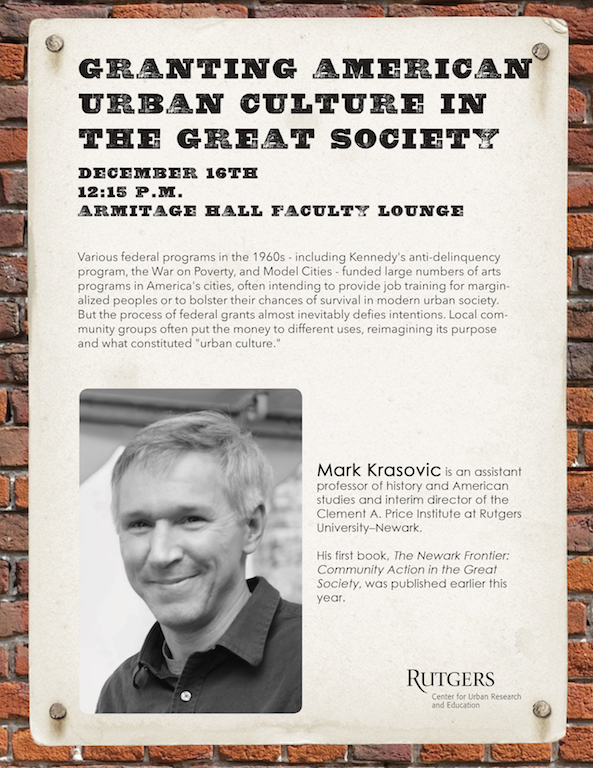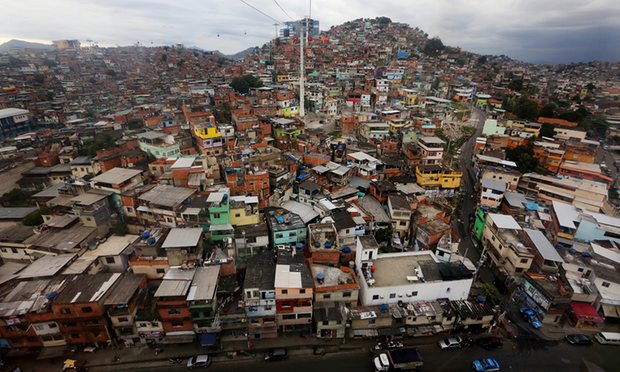by Paul A. Jargowsky
“Camden is solved,” New Jersey Lt. Gov. Kim Guadagno triumphantly proclaimed at a recent charity event. That’s funny, I thought, given that the city’s poverty rate hovers around 40 percent and its streets – where I had just gotten lost on the way to the elegant gala – are still filled with potholes, dilapidated housing, vacant lots and the ruins of former industrial sites. She was referring, however, to the Economic Opportunity Act of 2013, which has doled out $1.3 billion in tax breaks over 10 years to selected companies who agree to move to the beleaguered city. But what will this massive program accomplish?
Recipients of the program’s generosity include Holtec International ($260 million), a manufacturer of small nuclear reactors; the car maker Subaru ($118 million); EMR Eastern ($253 million), which recycles metal; American Water Works ($164 million), a utility company; and the Philadelphia 76ers ($82 million), who recently held the grand opening for their new practice facility. Camden is clearly better off to have these companies building new facilities and moving their operations within city limits. All of these companies, however, are moving from nearby locations within Camden County or a neighboring county and are bringing most of their employees with them.


 Dozens of official legacy promises were made to Rio de Janeiro’s citizens that would come as a result of hosting August’s Olympic Games. In the end, what Rio experienced was a very public six year “boom and bust” resulting in deep skepticism and anger over the failed legacies of the Games. Now, two months after the Games, Brazil is living through a deep economic recession, and in Rio crime rates and unemployment are rising while resources dry up, the police are downsizing, and the international media are swooping off to cover the next beat. The Olympics, which invested some $15 billion in the city, feel like a distant memory. And the past week’s mayoral election also brings an entirely new political agenda to the table.
Dozens of official legacy promises were made to Rio de Janeiro’s citizens that would come as a result of hosting August’s Olympic Games. In the end, what Rio experienced was a very public six year “boom and bust” resulting in deep skepticism and anger over the failed legacies of the Games. Now, two months after the Games, Brazil is living through a deep economic recession, and in Rio crime rates and unemployment are rising while resources dry up, the police are downsizing, and the international media are swooping off to cover the next beat. The Olympics, which invested some $15 billion in the city, feel like a distant memory. And the past week’s mayoral election also brings an entirely new political agenda to the table.